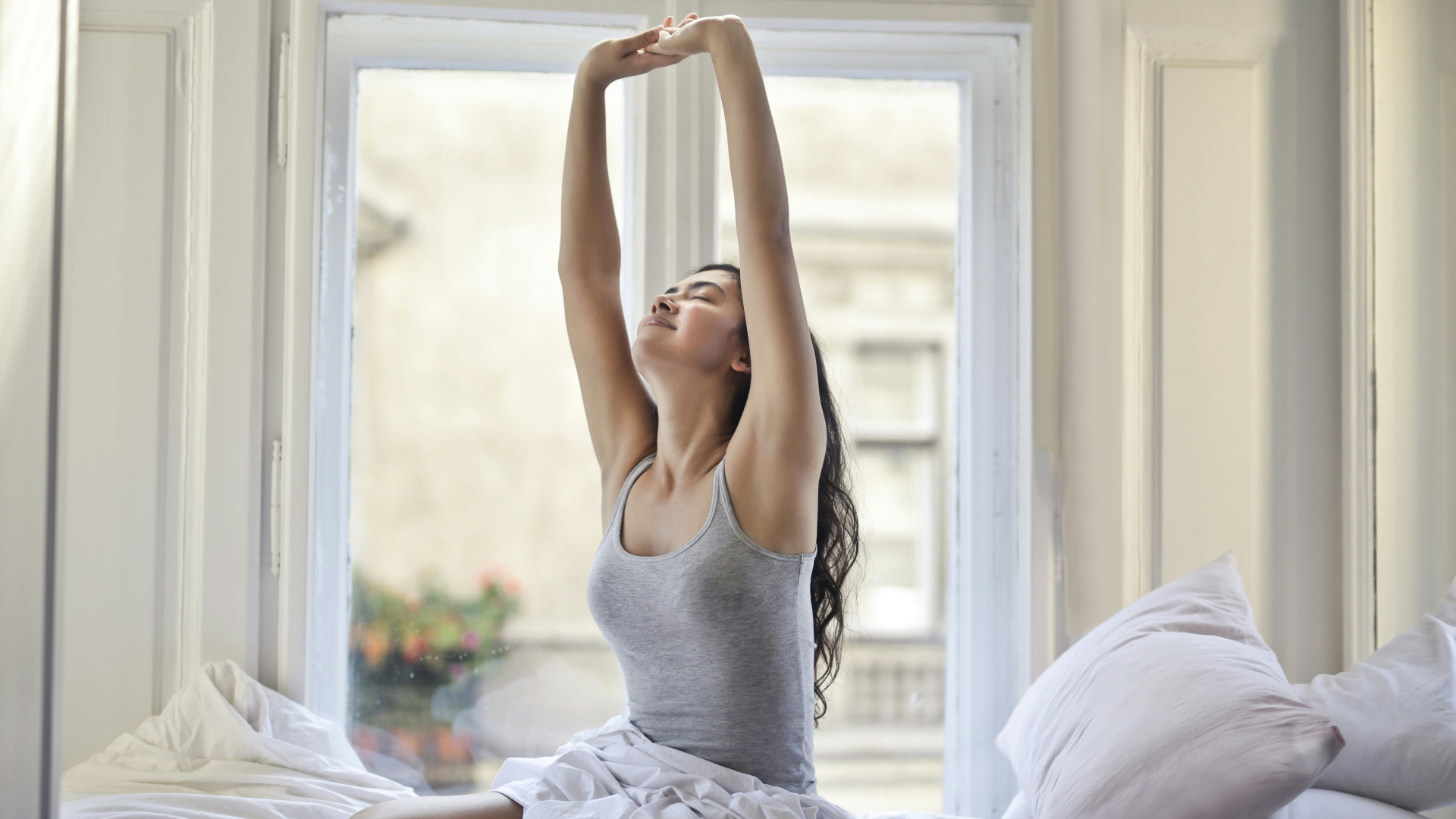
In a world that rewards constant motion, prioritizing sleep can feel impossible. But getting less than the recommended 7–9 hours of shut-eye per night does more harm than good.
Sleep plays a vital role in keeping the brain healthy. During deep, REM sleep, brain cells shrink, allowing cerebrospinal fluid to circulate and flush out waste molecules like amyloid-β and tau proteins — substances linked to Alzheimer’s disease. This cleansing process, known as the glymphatic system, helps protect long-term brain function.
Physically, quality sleep is essential for recovery and performance. While you rest, your body repairs muscle tissue, regulates hormones, strengthens immunity, and stabilizes your mood. Studies show that inadequate sleep significantly impairs athletic performance, coordination, and focus.
I’ve seen how transformative it is when my personal training clients treat sleep with the same importance as training or nutrition. Once they establish “pre-bed” rituals, their energy, recovery, and overall performance skyrocket. They gain the cognitive and physical capacity to handle each day’s demands more effectively.
Building a consistent sleep routine isn’t easy, especially if you’re used to falling asleep with your phone in hand. Listening to Discipline Equals Freedom by Jocko Willink helped me understand how self-discipline underpins every goal. That mindset keeps me consistent with my bedtime routine so I can wake up earlier, refreshed, and ready to perform at my best.
Step outside within an hour of waking up. Morning sunlight helps regulate your circadian rhythm, essentially starting an internal countdown clock to bedtime. Skip sunglasses or hats for a few minutes so light reaches your eyes — but never look directly at the sun! I also like to drink a glass of lemon water to help rehydrate my body.
Aim for 30–40 minutes of physical activity daily. Exercise increases alertness during the day and makes it easier to shift into a restful state at night. The body learns to recognize when it’s time for action (sympathetic state) versus recovery (parasympathetic state).
Start your bedtime routine about 90 minutes before your scheduled bedtime. A warm shower followed by a magnesium supplement in chamomile tea or water promotes relaxation. I also turn off any bright overhead lights, as too much light signals to your body that it’s time to be alert.
Put your phone away 1-2 hours before bed. Instead of watching TV or scrolling social media, pick up a book to quiet your mind and separate from the day’s stressors.
Lower your bedroom temperature to 58–62 °F (14–17 °C), as cooler conditions encourage melatonin production and deeper sleep. If you still wake up warm, consider a cooling pad or mattress upgrade. Future members can access $200 off Eight Sleep’s Signature Pod through the app.